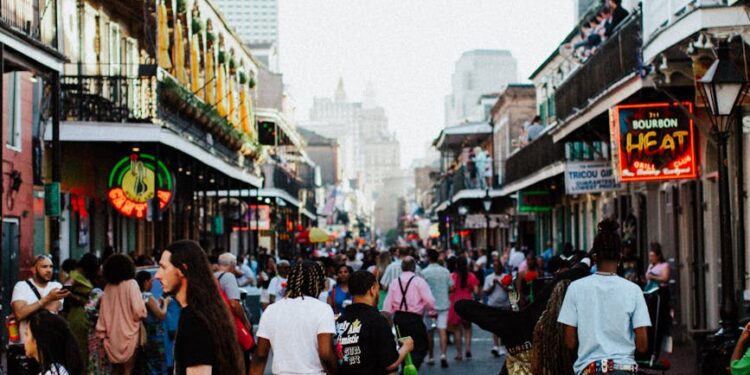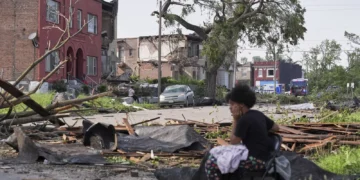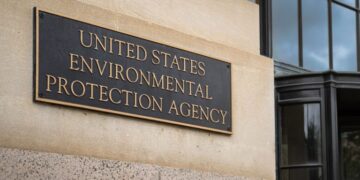March 4, 2025 Story by: Editor
Arthur Johnson has spent nearly 30 years living in New Orleans’ Lower 9th Ward, where he has come to value the trees that help filter pollution from large ships navigating the Mississippi River and provide much-needed shade during the city’s scorching summers.
However, when Hurricane Katrina tore through the city two decades ago, it wiped out approximately 200,000 trees, including many in Johnson’s neighborhood and several from his own yard. Since then, efforts to restore the city’s tree canopy have faced ongoing challenges.
Those challenges have been further compounded by the U.S. Forest Service’s recent decision to cancel a $75 million grant awarded to the Arbor Day Foundation. The grant was intended to support tree-planting efforts in underserved neighborhoods. The program’s termination aligns with a broader rollback of environmental justice initiatives.
In New Orleans, a portion of the grant funding was designated for Sustaining Our Urban Landscape (SOUL), an environmental organization that has already planted over 1,600 trees in the historically Black community. Plans to plant an additional 900 trees have now been put on hold.
Many of these trees would have been planted in areas where residents, particularly those with low incomes, cannot afford to plant or maintain them on their own, explained Johnson, 71, who leads the Lower 9th Ward Center for Sustainable Engagement and Development. His nonprofit has collaborated with SOUL and conducted tree-planting efforts in the neighborhood.
“You’re not just cutting out the tree, the environment” with such cuts, said Johnson. If those trees aren’t replaced and more aren’t continually added, “it really takes a toll on the sustainability of the Lower 9th Ward and its community.”
The benefits of trees extend beyond aesthetics. They play a critical role in stormwater absorption, replenishing groundwater, improving air quality, enhancing mental health, and cooling urban areas—especially as heat waves become more intense and frequent due to climate change.
Research supports the significance of urban tree cover. A study by the UCLA Luskin Center found that shade can lower heat stress on the human body by 25% to 35% throughout the day. Additionally, extensive studies indicate that low-income and minority communities tend to have fewer trees, making them significantly hotter than wealthier neighborhoods. Source: AP News

















